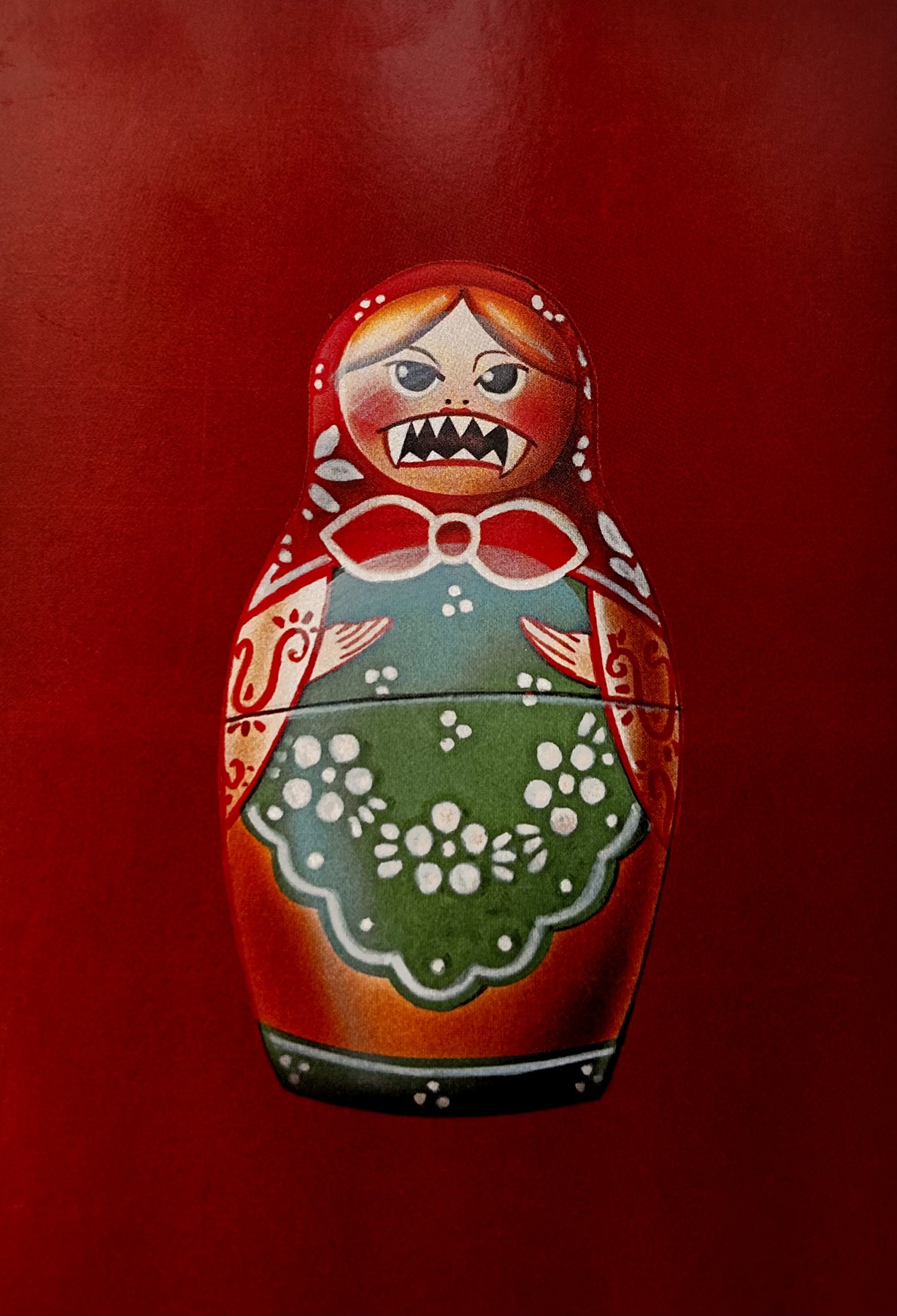I recently returned from a trip to Czechia, where I had the chance to visit the Museum of Communism in Prague. Nestled just off Wenceslas Square, this powerful and sobering exhibit chronicles the grim history of Czechoslovakia’s occupation under the Soviet-backed communist regime from 1948 through the Velvet Revolution in 1989.
It was not simply a history lesson. It was a visceral reminder of how easily authoritarian systems can dismantle the fabric of a free civil society—and how relevant that warning remains today.
What struck me most was how thoroughly the communist state penetrated every aspect of Czech life. The government controlled where you lived, what you studied, how you worked, what you said, and what you believed.
Dissent was not merely discouraged; it was criminalized. Independent newspapers disappeared, religious life was suppressed, and even casual jokes about the regime could result in imprisonment. The tools of repression were not limited to secret police and show trials—they included bureaucracy, social pressure, and the co-opting of civic institutions.
The destruction of the judiciary was particularly chilling. Judges were replaced or intimidated into submission. Courts became tools of the regime, not bulwarks against it. Trials were staged not to determine guilt or innocence, but to deliver state-sanctioned punishment. Law was no longer a shield for the people—it was a weapon wielded against them.
Equally devastating was the erosion of civil society. Associations, clubs, trade unions, and student groups were either disbanded or transformed into arms of the party. Citizens lost the ability to gather, to organize, or to advocate independently.
Without free associations, society became atomized, fearful, and compliant. When people can no longer meet freely, speak freely, or dream freely, freedom itself becomes a memory.
Walking through the museum, I couldn’t help but compare this history to the rising threats we see today—not only abroad, but increasingly at home. Around the world, we are witnessing troubling trends: judicial independence undermined by partisan pressure, civil society organizations demonized or defunded, protest rights curtailed, and democratic norms discarded.
Related reading: Safeguarding America: How the Rule of Law Protects Nonprofits and Us All
These changes rarely arrive all at once. They come incrementally, cloaked in legalisms and justified by fear. But their cumulative effect is the same: a narrowing of the space where people can live with dignity, autonomy, and hope.
Czechia eventually reclaimed its democracy, but only after decades of struggle, exile, and loss. The Velvet Revolution is a testament to human resilience—but also a caution against complacency. Democracies are not self-sustaining. They depend on institutions, yes, but also on an engaged public willing to defend them.
My visit to the Museum of Communism reminded me that the destruction of freedom does not begin with tanks. It begins with silence, with unchecked power, with the slow erosion of the independent spaces where people gather to build something better.
We should remember that. And we should act accordingly.
Ellis Carter is a nonprofit lawyer with Caritas Law Group, P.C. licensed to practice in Washington and Arizona. Ellis advises nonprofit and socially responsible businesses on federal tax and fundraising regulations nationwide. Ellis also advises donors concerning major gifts. To schedule a consultation with Ellis, call 602-456-0071 or email us through our contact form.

